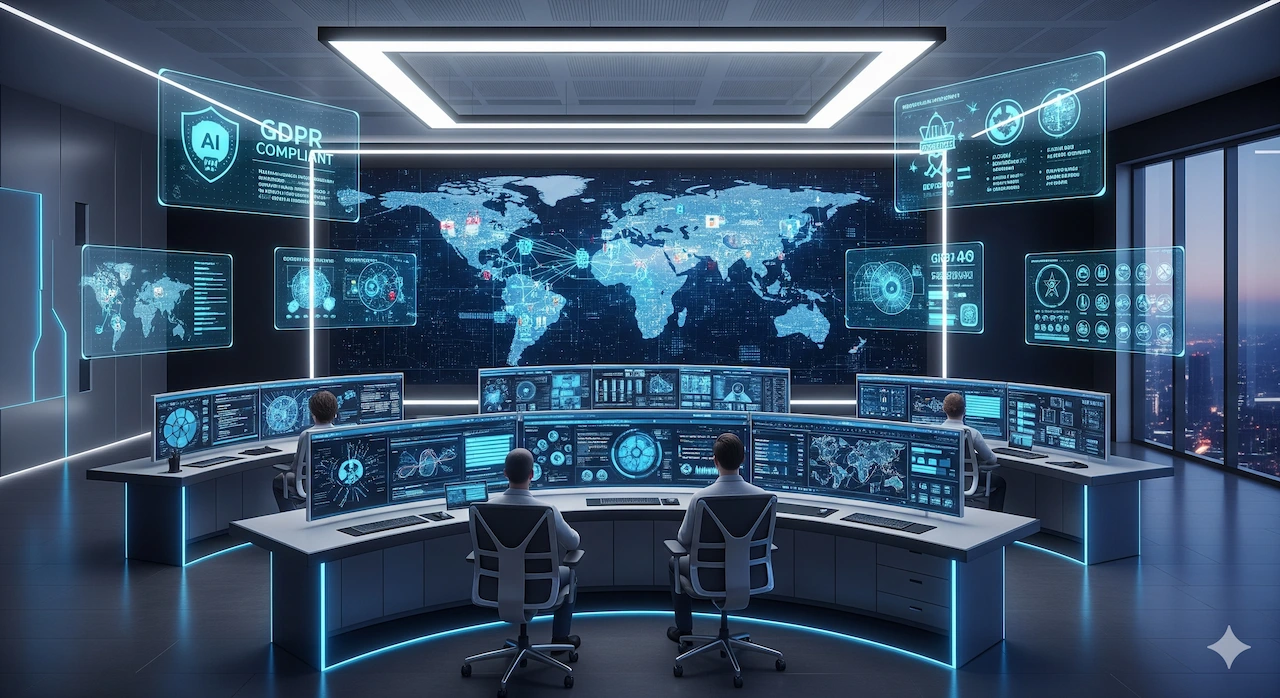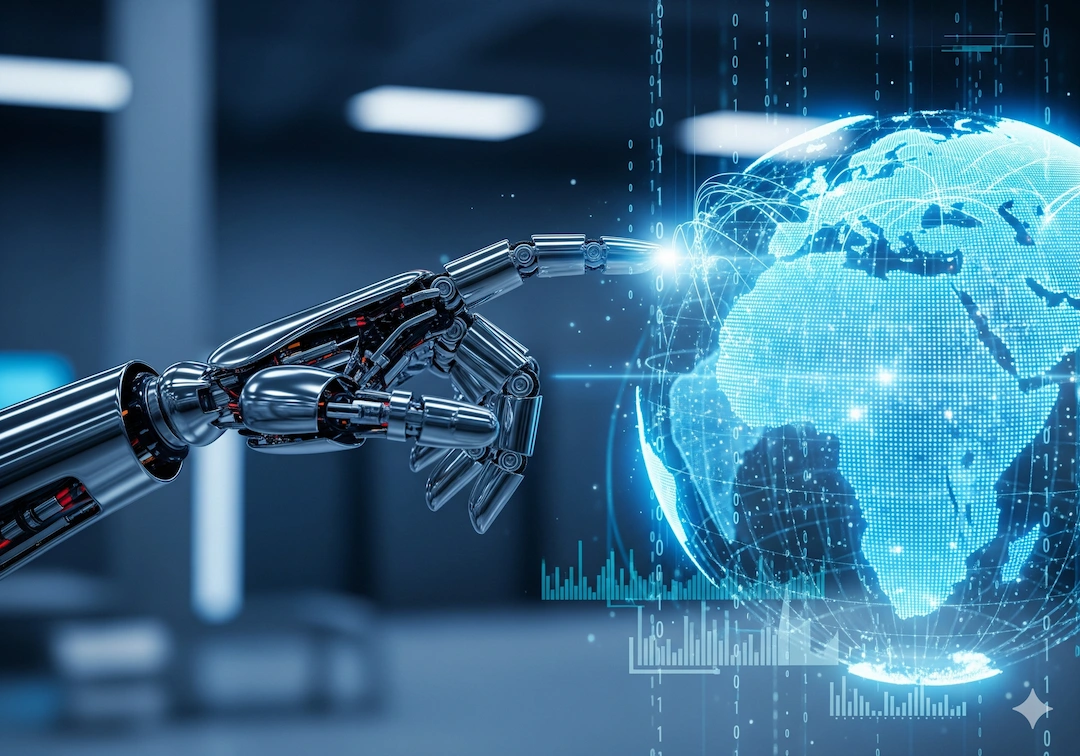GloNews10

As artificial intelligence (AI) continues to evolve at an unprecedented pace, global AI regulations are being proposed by governments and international organizations to mitigate AI risks. Experts warn that without proper oversight, the rapid development of artificial intelligence could lead to security, ethical, and economic challenges worldwide.
The rise of AI technologies such as large language models, autonomous systems, and facial recognition has raised concerns among regulators. The absence of international rules increases the risk of misuse, bias, privacy violations, and even potential threats to critical infrastructure.
Several studies highlight that AI risks include:
In response, policy makers are calling for global AI regulations to ensure safe and responsible development.

International regulatory bodies and governments are considering several measures, including:
1. Mandatory Risk Assessment: Companies deploying AI systems will be required to conduct risk assessments to identify potential harms before release.
2. Transparency and Explainability: AI systems must be explainable, enabling users and regulators to understand how decisions are made, reducing unintended consequences.
3. Safety Standards: AI systems, particularly in critical areas such as healthcare and transportation, must meet safety standards to protect human lives.
4. Ethical Guidelines: Policies will ensure AI respects human rights, privacy, and ethical norms, minimizing discrimination and social harm.
For more details on proposed regulations, see OECD AI Policy Observatory and World Economic Forum AI Governance.
While global AI regulations are crucial, implementing them presents challenges:
Experts argue that balancing innovation with risk mitigation is the key challenge in crafting effective artificial intelligence regulations.
The introduction of global AI regulations could significantly affect multiple industries:
By proactively addressing AI risks, regulations aim to increase public trust and encourage responsible innovation.
Several international organizations are coordinating to ensure consistency in global AI regulations:
Global cooperation is critical to prevent fragmented regulations and ensure a level playing field for companies worldwide.
The coming years are expected to see accelerated development of global AI regulations:
By implementing global AI regulations, the international community aims to balance innovation with public safety, ensuring AI technologies benefit society while minimizing risks.